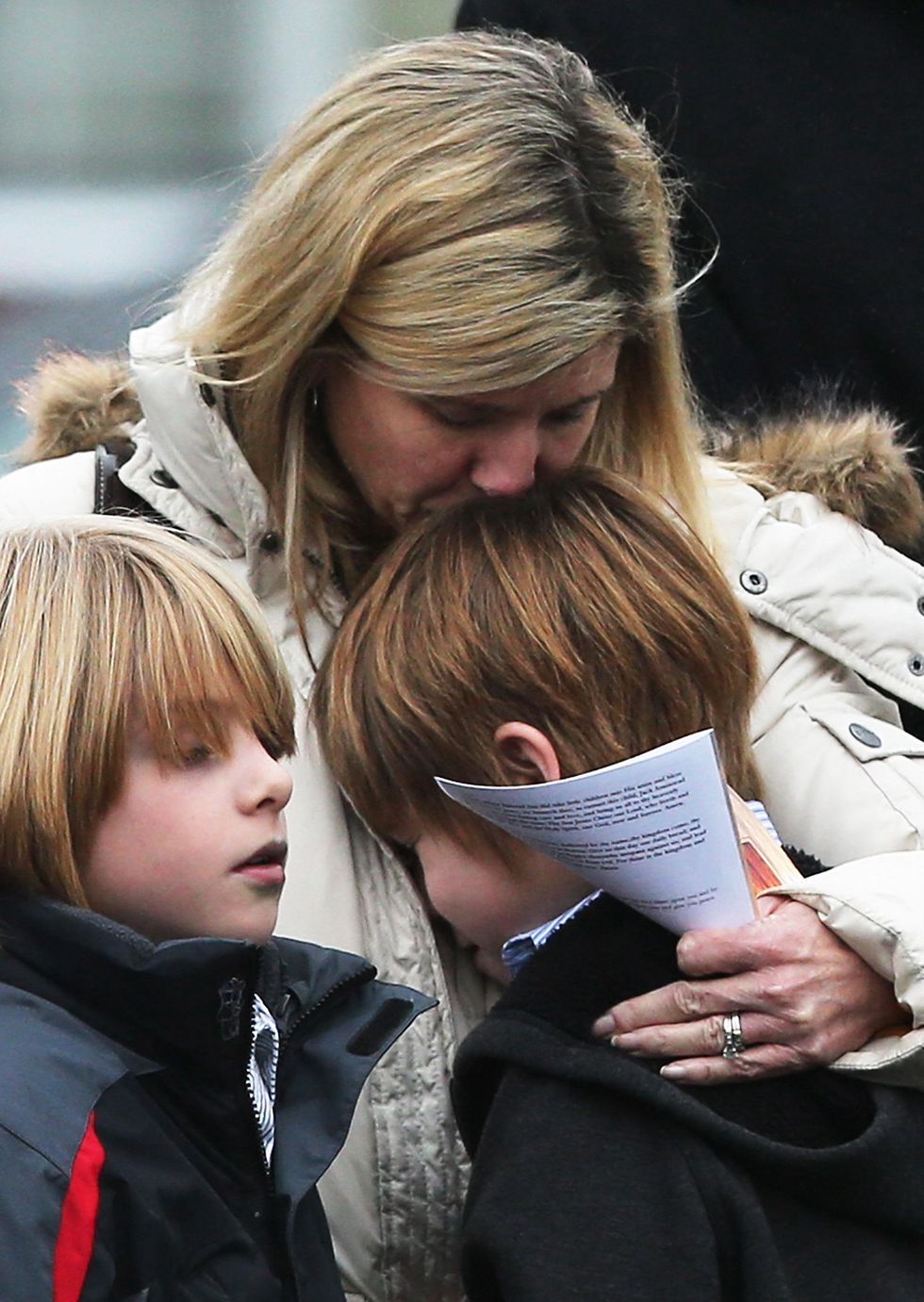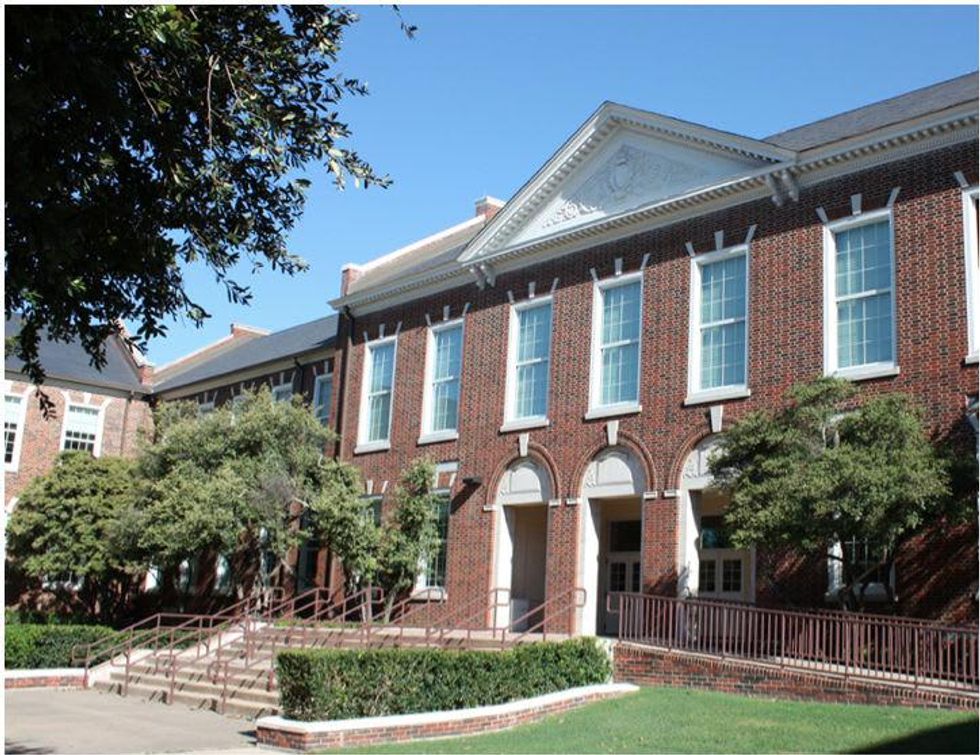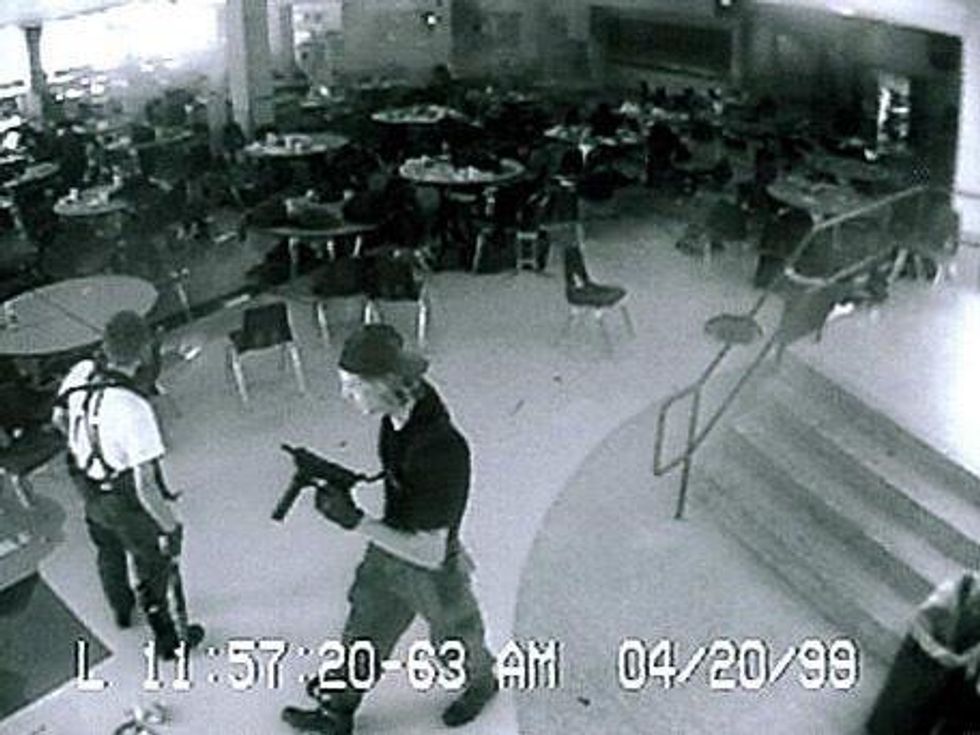Tragic trends
A rash of bomb threats at Dallas-area schools leaves more questions than answers
When it comes to getting out of class, there are about a million easier ways than calling in a bomb threat. And yet a number of area schools have already been on lockdown in 2013 as a result of students threatening violence.
Arlington Lamar High School, Colleyville Heritage High School, Highland Park High School and, most recently, R. L. Turner High School have all been victims of false alarms. In the case of Highland Park High School, three consecutive days of threats rang out on the campus, resulting in a thorough (and ultimately futile) search by police and bomb squad units.
Highland Park spokesperson Helen Williams says the series of bomb threats, which appeared in the form of handwritten letters, were the first such incidents she's seen in her eight years with the district.
Highland Park spokesperson Helen Williams says the series of bomb threats were the first such incidents she's seen in her eight years with the district.
"What happened in Connecticut certainly brought the issue of school violence to the front of everyone's mind," she says. "We are continuing to look at every building and tighten security across all our campuses."
Williams says HPISD is working with a former FBI agent to analyze the district's buildings and develop new security standards. Although those efforts are important, Williams is equally concerned with educating students and parents to "keep and eye out speak up when they see something unusual."
The shooting in Newtown was perpetrated by an outsider, but many acts of school violence are at the hands of its students. Columbine High School was the site of a deadly shooting spree by two students in 1999, and Virginia Tech University was terrorized by an undergrad with a gun in 2007.
No violence has befallen Highland Park High School, but the threats have heightened campus awareness.
"We've been very actively educating people in our community," Williams says. "It may sound like a small thing, but it really does make a big difference."
Getting to the root of the problem
What drives a person, especially a teenager, to commit a terroristic threat? According to licensed therapist Angela Taylor, it's more than just wanting to get out of class, though that typically plays a part.
"As a teenager, you feel really powerless in a lot of ways, because you've got teachers and coaches and parents telling you what to do, so it kind of gives them a sense of power over other people and over themselves a little bit," says Taylor, co-founder of Noyau Wellness Center.
"These kids are under a lot of pressure to be the best, and they're trying to find a way out or a reprieve," says therapist Angela Taylor.
Although every high school has its share of stress, Taylor believes high-performing campuses like Highland Park have a higher degree of student anxiety.
"These kids are under a lot of pressure to be the best, and they're trying to find a way out or a reprieve," she says.
The power of suggestion also plays a factor, and as school violence and threats of school violence become more mainstream, it feeds the myth that this is an effective way to deal with a problem.
"It's the art of suggestion," Taylor says. "Sadly, they see some benefits coming from something so tragic."
The so-called benefits of gaining control, notoriety and attention are typically far outweighed by the threat of jail time, heavy fines and a felony record. But that's speaking rationally, and the perpetrators of these crimes are typically teens.
"We like to think that teenagers have the same capacity as adults, because they feel like adults to us in a lot of ways, but they are very impulsive," Taylor says. "They don't think about having to deal with this choice for years and years."
Taylor says a student who would make a bomb threat at a school has probably acted out in smaller ways before and is very isolated.
"Things have gotten so much more violent in our world. We see everything that happens now," Taylor says. "These kids are growing up in a world after 9/11. They see violence all the time. It’s so commonplace that I think a lot times they lose a sense of humanity."



